Home>Home Appliances>Laundry Appliances>How To Put Vinegar In A Washing Machine
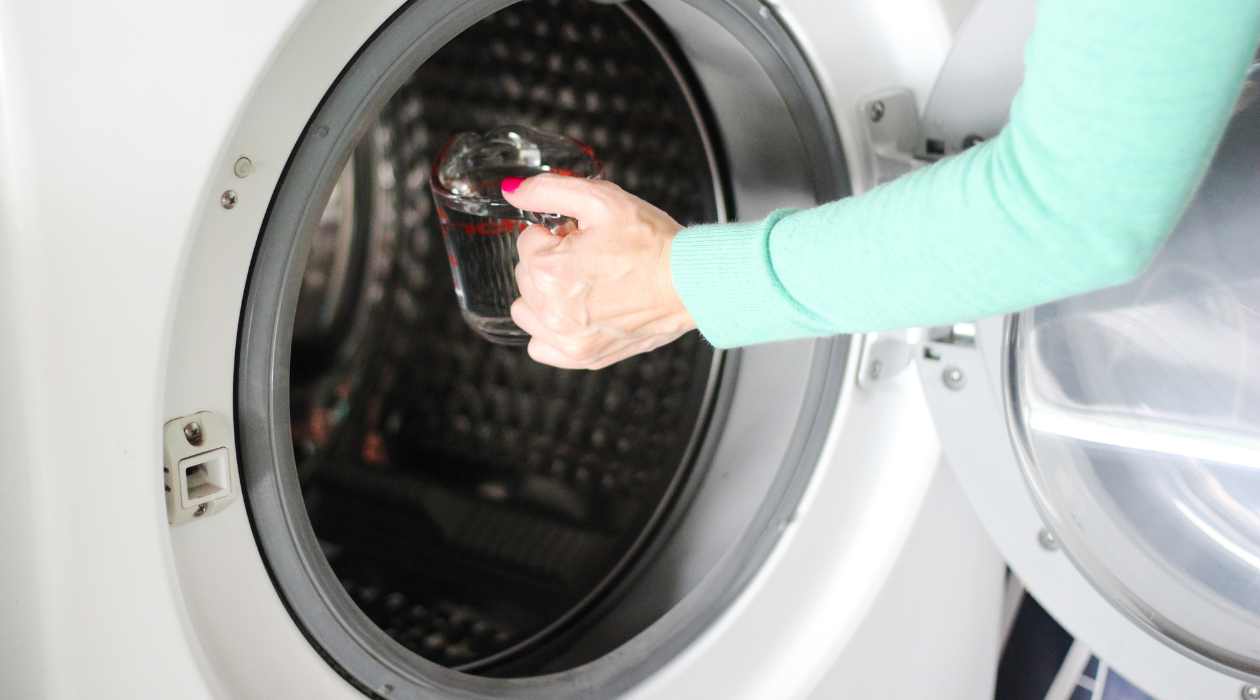

Laundry Appliances
How To Put Vinegar In A Washing Machine
Modified: October 27, 2024
Learn how to effectively use vinegar in your washing machine for cleaner laundry and fresher clothes. Discover the benefits of adding vinegar to your laundry appliances.
(Many of the links in this article redirect to a specific reviewed product. Your purchase of these products through affiliate links helps to generate commission for Storables.com, at no extra cost. Learn more)
Benefits of Using Vinegar in a Washing Machine
Vinegar is not just a kitchen staple; it also has remarkable benefits when used in a washing machine. Here are the key advantages of incorporating vinegar into your laundry routine:
-
Natural Fabric Softener: Vinegar acts as a natural fabric softener, making it an excellent alternative to commercial fabric softeners. It helps to break down detergent residue and mineral deposits, leaving clothes feeling soft and smooth.
-
Odor Eliminator: One of the most notable benefits of using vinegar in a washing machine is its ability to neutralize odors. Whether it's musty towels or sweaty gym clothes, vinegar effectively eliminates unpleasant smells, leaving your laundry fresh and clean.
-
Brightens Colors: Vinegar can help revive and brighten colors in your laundry. When added to the wash cycle, it works to prevent colors from fading, keeping your clothes looking vibrant and new for longer.
-
Gentle on Fabrics: Unlike harsh chemical additives, vinegar is gentle on fabrics. It helps to maintain the integrity of clothing fibers, making it a suitable choice for delicate items that require special care.
-
Removes Stains and Residue: Vinegar's acidic nature makes it an effective stain remover and helps to break down detergent and mineral buildup in the washing machine. This can contribute to cleaner, stain-free laundry and prevent residue from accumulating in the machine.
-
Environmentally Friendly: Using vinegar in the washing machine aligns with eco-friendly practices. It is a natural and biodegradable alternative to synthetic laundry additives, reducing the environmental impact of your laundry routine.
Incorporating vinegar into your laundry routine can yield numerous benefits, from softer and fresher clothes to a more sustainable approach to cleaning. With its natural properties and versatility, vinegar is a valuable addition to any laundry room.
Key Takeaways:
- Vinegar in the washing machine softens clothes, removes odors, and brightens colors. It’s eco-friendly and gentle on fabrics, making laundry fresher and more sustainable.
- When using vinegar in the washing machine, dilute it, test fabric compatibility, and avoid mixing with bleach. Follow these precautions for optimal results and fabric care.
Read more: How To Clean Washer With Vinegar
Types of Vinegar to Use in a Washing Machine
When it comes to using vinegar in a washing machine, not all types of vinegar are created equal. The type of vinegar you choose can impact its effectiveness and the overall outcome of your laundry. Here are the most commonly used types of vinegar for laundry purposes:
1. Distilled White Vinegar
Distilled white vinegar, also known as white vinegar, is a versatile and widely available option for laundry use. It is made from distilled alcohol and typically contains 5-8% acetic acid. This type of vinegar is renowned for its cleaning and deodorizing properties, making it an excellent choice for laundry applications. It effectively helps to soften fabrics, eliminate odors, and remove residue from clothing and the washing machine.
2. Apple Cider Vinegar
Apple cider vinegar is another popular option for laundry, prized for its mild and slightly fruity aroma. It is made from fermented apple juice and contains natural enzymes and acids that contribute to its cleaning and softening capabilities. Apple cider vinegar is particularly beneficial for individuals with sensitive skin, as it is gentle and less acidic compared to white vinegar. It can help maintain the pH balance of clothing and reduce the risk of skin irritation.
3. White Wine Vinegar
White wine vinegar, derived from the fermentation of white wine, is a milder alternative to distilled white vinegar. It offers similar fabric softening and odor-neutralizing properties, making it suitable for use in the washing machine. While it may not be as potent as distilled white vinegar in terms of cleaning power, it can still effectively freshen and brighten laundry without leaving behind a strong vinegar scent.
Read more: How To Use Vinegar In Front Load Washer
4. Scented Vinegar
Scented vinegars, such as lavender-infused or citrus-infused varieties, add a pleasant fragrance to the laundry while providing the benefits of traditional vinegar. These types of vinegar can impart a subtle, natural scent to clothes, making them a popular choice for individuals who prefer a more aromatic touch to their laundry routine. It's important to ensure that the scented vinegar does not contain artificial additives that may impact its suitability for laundry use.
When selecting a vinegar for your washing machine, it's essential to consider the specific needs of your laundry and personal preferences. Whether you opt for the classic distilled white vinegar, the mildness of apple cider vinegar, the subtlety of white wine vinegar, or the aromatic appeal of scented vinegar, each type offers unique advantages for enhancing the quality of your laundry. By choosing the right vinegar for your washing machine, you can maximize its benefits and achieve optimal results with every load of laundry.
Precautions When Using Vinegar in a Washing Machine
While vinegar is a versatile and beneficial addition to your laundry routine, there are important precautions to keep in mind when using it in a washing machine. By understanding and adhering to these precautions, you can ensure the optimal performance of your washing machine and the best results for your laundry.
1. Dilution and Measurement
When adding vinegar to your washing machine, it's crucial to dilute it properly. Undiluted vinegar can be too acidic and may potentially damage certain fabrics or the internal components of the washing machine. It is recommended to mix vinegar with water before adding it to the machine. A common ratio is one-half to one cup of vinegar per load, depending on the size of the load and the concentration of the vinegar.
2. Fabric Compatibility
While vinegar is generally safe for most fabrics, it's advisable to test it on a small, inconspicuous area of the garment before using it extensively. Some delicate fabrics or certain dyes may react differently to vinegar, potentially causing discoloration or damage. By conducting a simple spot test, you can ensure that the vinegar is compatible with the fabrics in your laundry load.
3. Avoid Mixing with Bleach
It's important to note that vinegar should not be mixed with bleach or used simultaneously in the same wash cycle. When combined, vinegar and bleach create toxic fumes that can be harmful if inhaled. If you use bleach for whitening or disinfecting purposes, it's best to run a separate cycle before using vinegar in the washing machine.
4. Maintenance of Washing Machine
While vinegar can help remove mineral buildup and detergent residue from the washing machine, it's essential to maintain a balanced approach. Excessive or frequent use of vinegar may corrode certain components of the machine over time. To prevent potential damage, it's advisable to limit the use of vinegar to occasional treatments rather than incorporating it into every wash cycle.
5. Odor Sensitivity
Although vinegar effectively neutralizes odors, some individuals may be sensitive to the lingering scent of vinegar on their laundry. If you or your family members are particularly sensitive to odors, consider using a smaller amount of vinegar or opting for scented vinegar varieties to minimize the vinegar scent.
By observing these precautions, you can harness the benefits of vinegar in your washing machine while safeguarding your fabrics and the appliance itself. With proper dilution, fabric testing, and mindful usage, vinegar can be a valuable ally in achieving cleaner, fresher, and softer laundry without compromising the integrity of your washing machine or clothing.
Steps to Add Vinegar to a Washing Machine
-
Select the Appropriate Vinegar Type: Before adding vinegar to your washing machine, choose the most suitable type based on your laundry needs. Whether it's distilled white vinegar for general cleaning and odor removal, apple cider vinegar for a mild and natural approach, or scented vinegar for a touch of fragrance, the type of vinegar you select will influence the outcome of your laundry.
-
Prepare the Vinegar Solution: To ensure proper dilution, mix the vinegar with water before adding it to the washing machine. A common recommendation is to use one-half to one cup of vinegar per load, depending on the load size and the concentration of the vinegar. Diluting the vinegar helps prevent any potential adverse effects on fabrics and the washing machine.
-
Add the Vinegar to the Washing Machine: Once the washing machine is loaded with the laundry and the detergent, it's time to introduce the vinegar solution. Open the detergent dispenser or the designated compartment for additives. Carefully pour the diluted vinegar into the appropriate receptacle, ensuring that it is evenly distributed and incorporated into the wash cycle.
-
Start the Wash Cycle: After adding the vinegar, proceed to start the wash cycle as usual. Select the appropriate water temperature and cycle settings based on the fabric care labels of the laundry items. The vinegar will work its magic during the wash, helping to soften fabrics, eliminate odors, and remove residue from both the clothing and the washing machine.
-
Observe the Results: Once the wash cycle is complete, take a moment to observe the results. You may notice that your laundry feels softer, smells fresher, and exhibits brighter colors. The vinegar's natural properties have contributed to a more thorough and effective cleaning process, enhancing the overall quality of your laundry.
-
Optional Vinegar Rinse: For an extra boost of freshness and softness, consider incorporating a vinegar rinse into your laundry routine. During the rinse cycle, add a small amount of vinegar to the designated receptacle or directly into the drum of the washing machine. This additional step can further enhance the benefits of using vinegar in your laundry.
By following these steps, you can seamlessly integrate vinegar into your washing machine routine, harnessing its natural cleaning and fabric-enhancing properties to achieve outstanding results with every load of laundry. Whether you're aiming to soften fabrics, eliminate odors, or maintain vibrant colors, the strategic addition of vinegar can elevate the cleanliness and freshness of your clothing while contributing to a more sustainable and eco-friendly approach to laundry care.
Alternatives to Vinegar for Laundry
While vinegar is a versatile and effective laundry aid, there are alternative substances that can deliver similar benefits when incorporated into your laundry routine. These alternatives offer unique properties and can cater to specific laundry needs, providing additional options for enhancing the cleanliness, softness, and freshness of your clothing. Here are some notable alternatives to vinegar for laundry:
1. Baking Soda
Baking soda, also known as sodium bicarbonate, is a renowned multipurpose household product that can be utilized in laundry care. It serves as a natural deodorizer and fabric softener, making it an excellent alternative to vinegar. When added to the wash cycle, baking soda helps neutralize odors, remove stains, and soften fabrics. Its gentle abrasive nature also aids in lifting dirt and residue from clothing, contributing to a thorough cleaning process.
2. Essential Oils
Essential oils offer a fragrant and natural alternative to scented vinegar for infusing laundry with pleasant aromas. By adding a few drops of essential oils, such as lavender, eucalyptus, or citrus oils, to the washing machine, you can impart a delightful scent to your laundry while benefiting from the oils' antibacterial and antifungal properties. Essential oils can enhance the freshness of clothing and linens, creating a spa-like ambiance within your laundry room.
3. Wool Dryer Balls
Wool dryer balls are an eco-friendly alternative to traditional fabric softeners and dryer sheets. When placed in the dryer with wet laundry, these reusable balls help reduce drying time, minimize static cling, and naturally soften fabrics. They are particularly beneficial for individuals seeking to avoid synthetic additives and chemicals in their laundry, offering a sustainable and cost-effective approach to achieving soft, fluffy, and static-free clothing.
4. Salt
Common table salt, or rock salt in some cases, can serve as a natural fabric softener and color enhancer. When added to the wash cycle, salt helps prevent colors from fading and can contribute to maintaining the vibrancy of clothing. Additionally, salt can aid in removing perspiration stains and residue from fabrics, making it a simple yet effective alternative for enhancing the overall appearance and longevity of your laundry.
5. Lemon Juice
Lemon juice, with its natural acidity and refreshing scent, can be used as an alternative to vinegar for brightening whites and removing stains. Its bleaching properties make it a valuable addition to laundry care, particularly for whitening and revitalizing dull or discolored clothing. Lemon juice can also act as a natural deodorizer, leaving laundry with a clean and citrus-fresh aroma.
By exploring these alternatives to vinegar, you can tailor your laundry routine to align with your preferences and specific laundry care goals. Whether you opt for baking soda's versatile cleaning abilities, the aromatic allure of essential oils, the eco-conscious approach of wool dryer balls, the fabric-enhancing properties of salt, or the brightening effects of lemon juice, each alternative offers distinctive benefits for elevating the quality of your laundry without the use of vinegar.
Frequently Asked Questions about How To Put Vinegar In A Washing Machine
Was this page helpful?
At Storables.com, we guarantee accurate and reliable information. Our content, validated by Expert Board Contributors, is crafted following stringent Editorial Policies. We're committed to providing you with well-researched, expert-backed insights for all your informational needs.
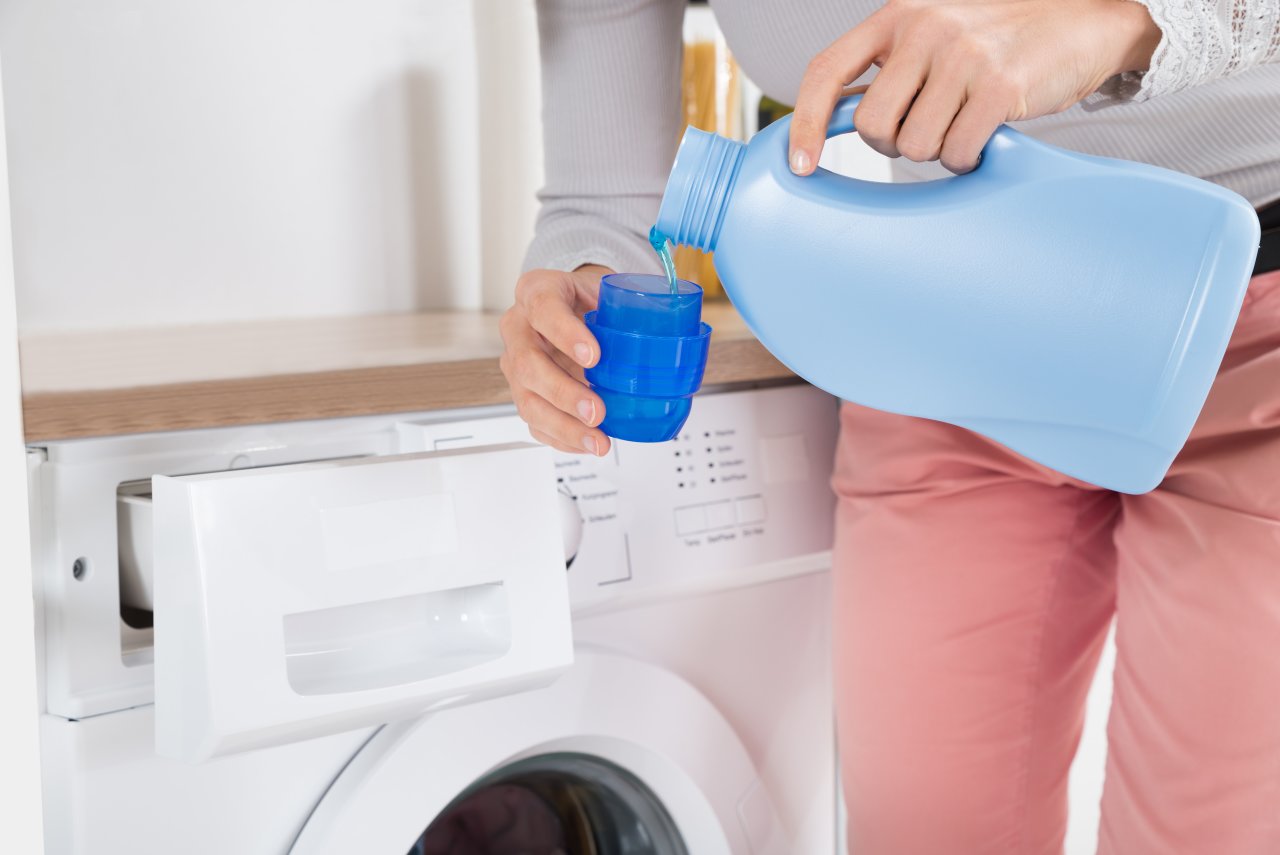
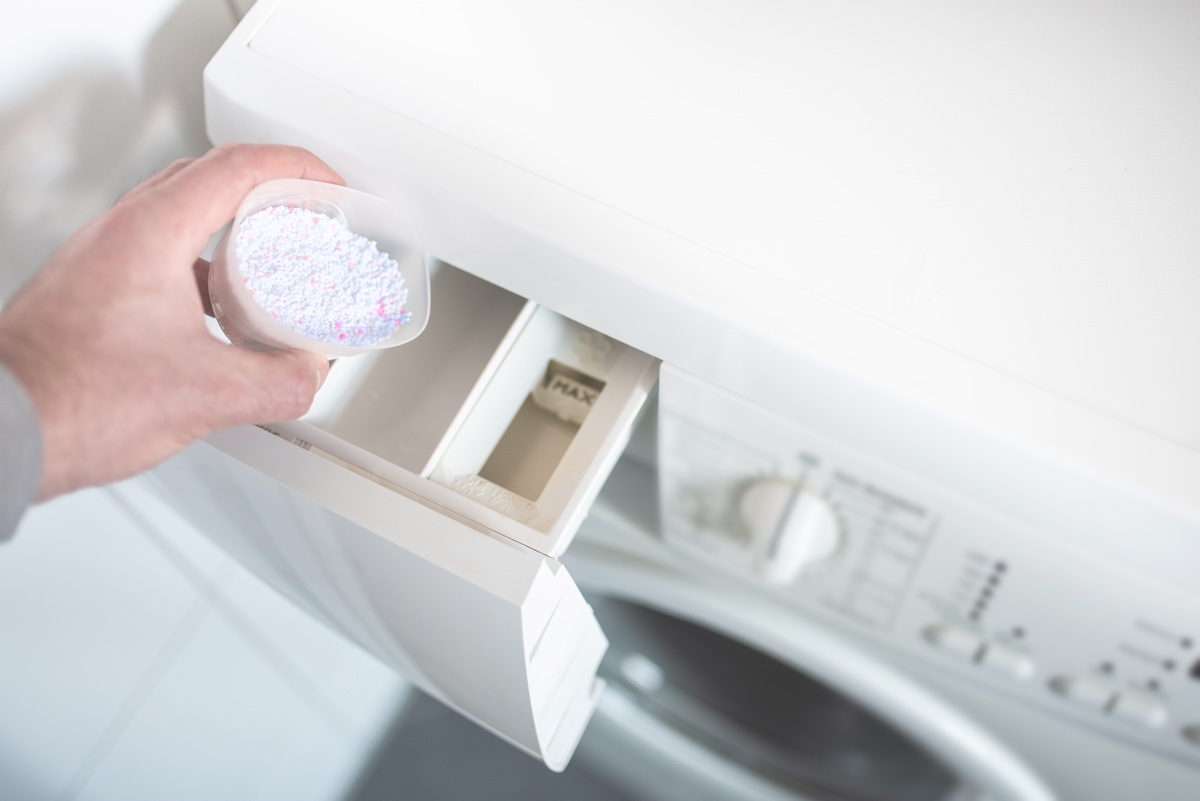
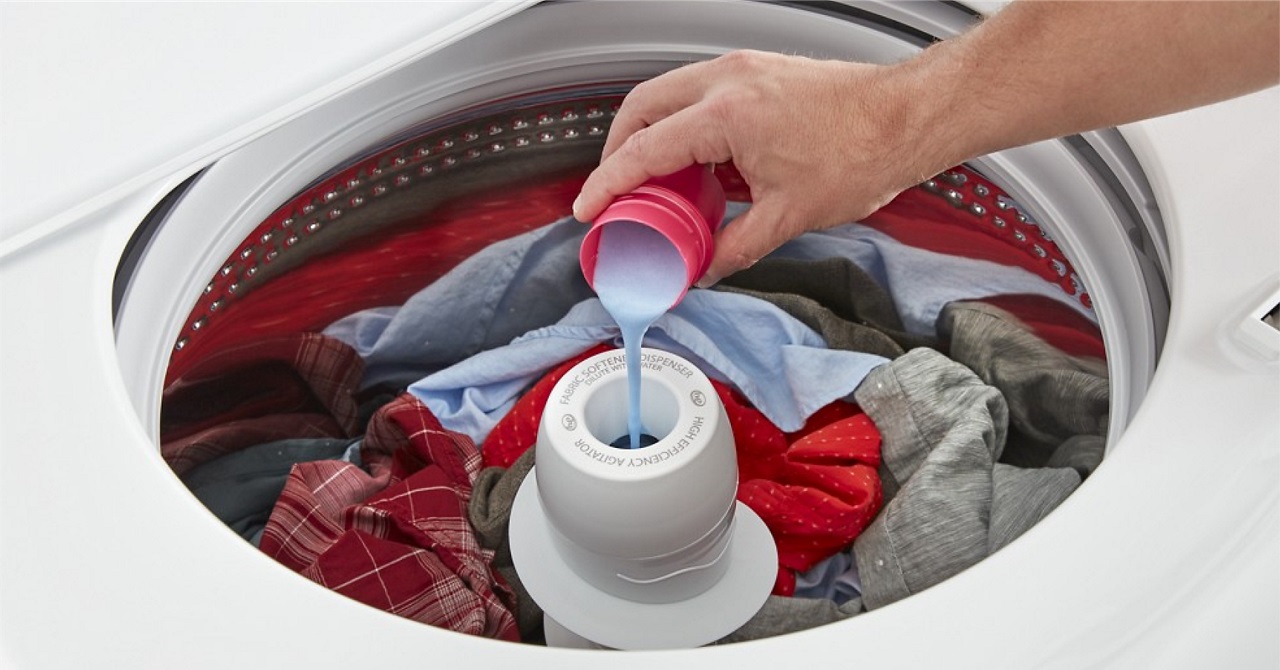
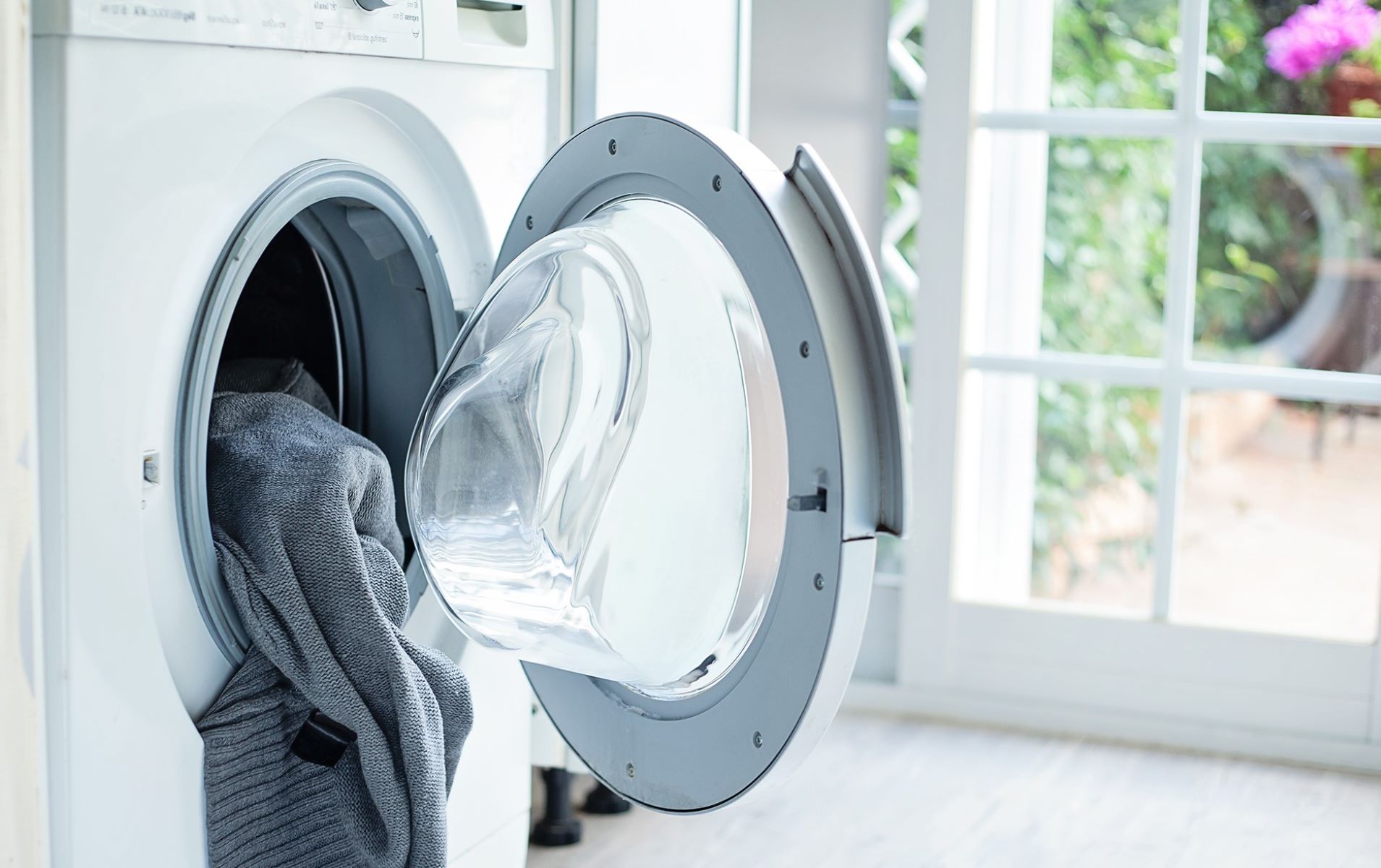
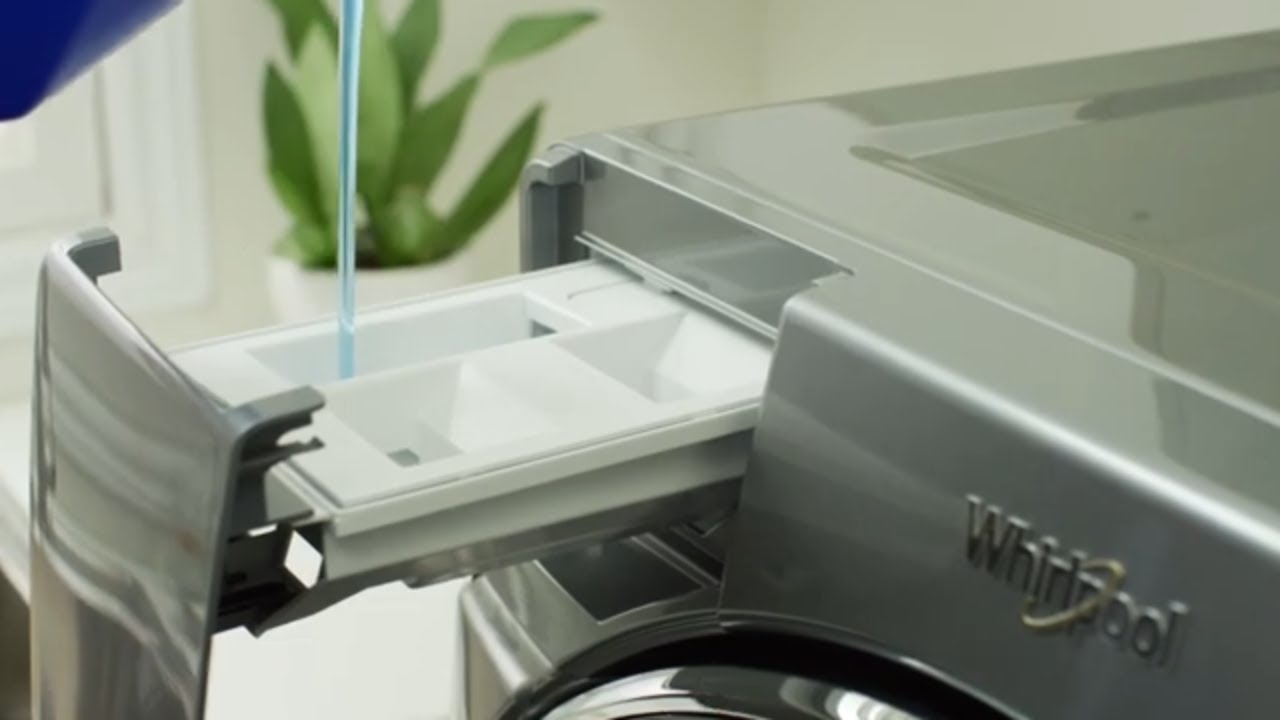
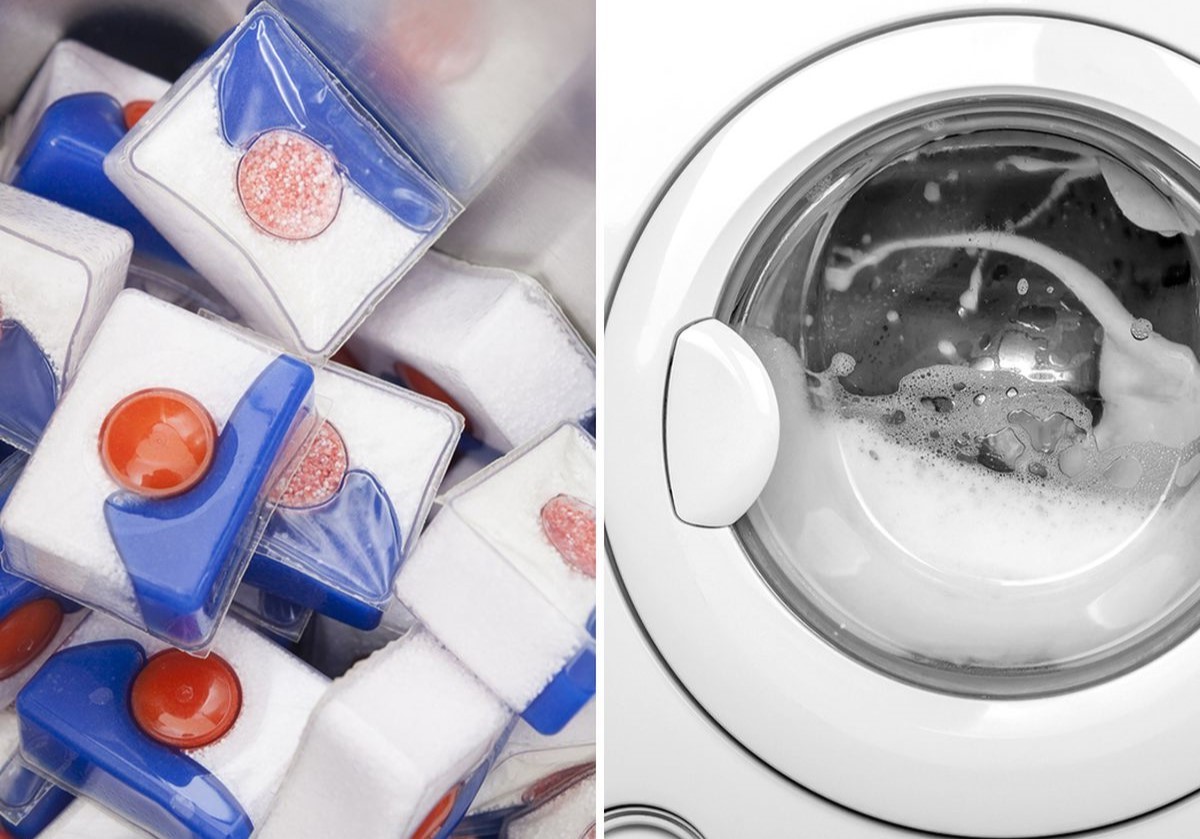
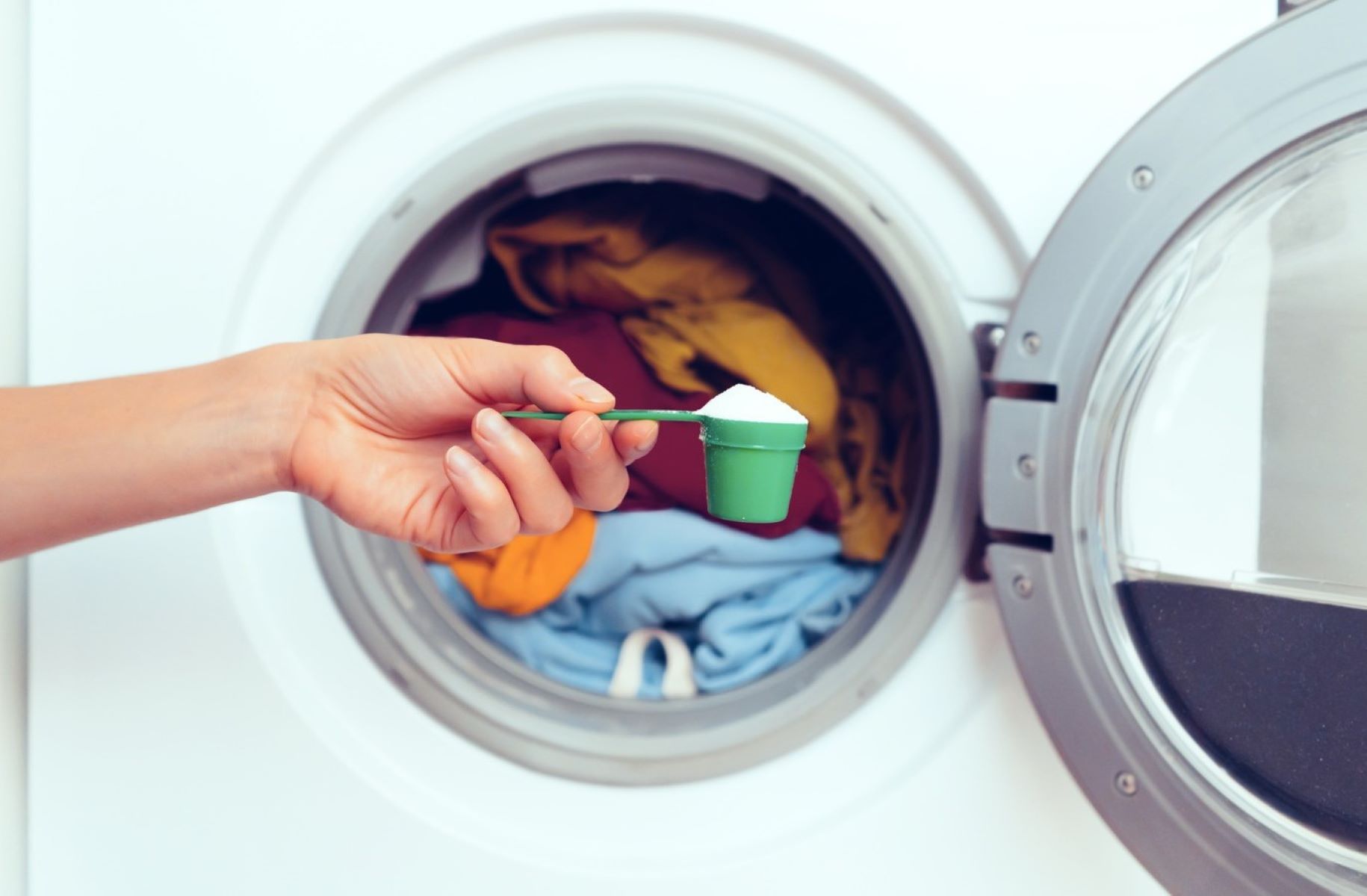
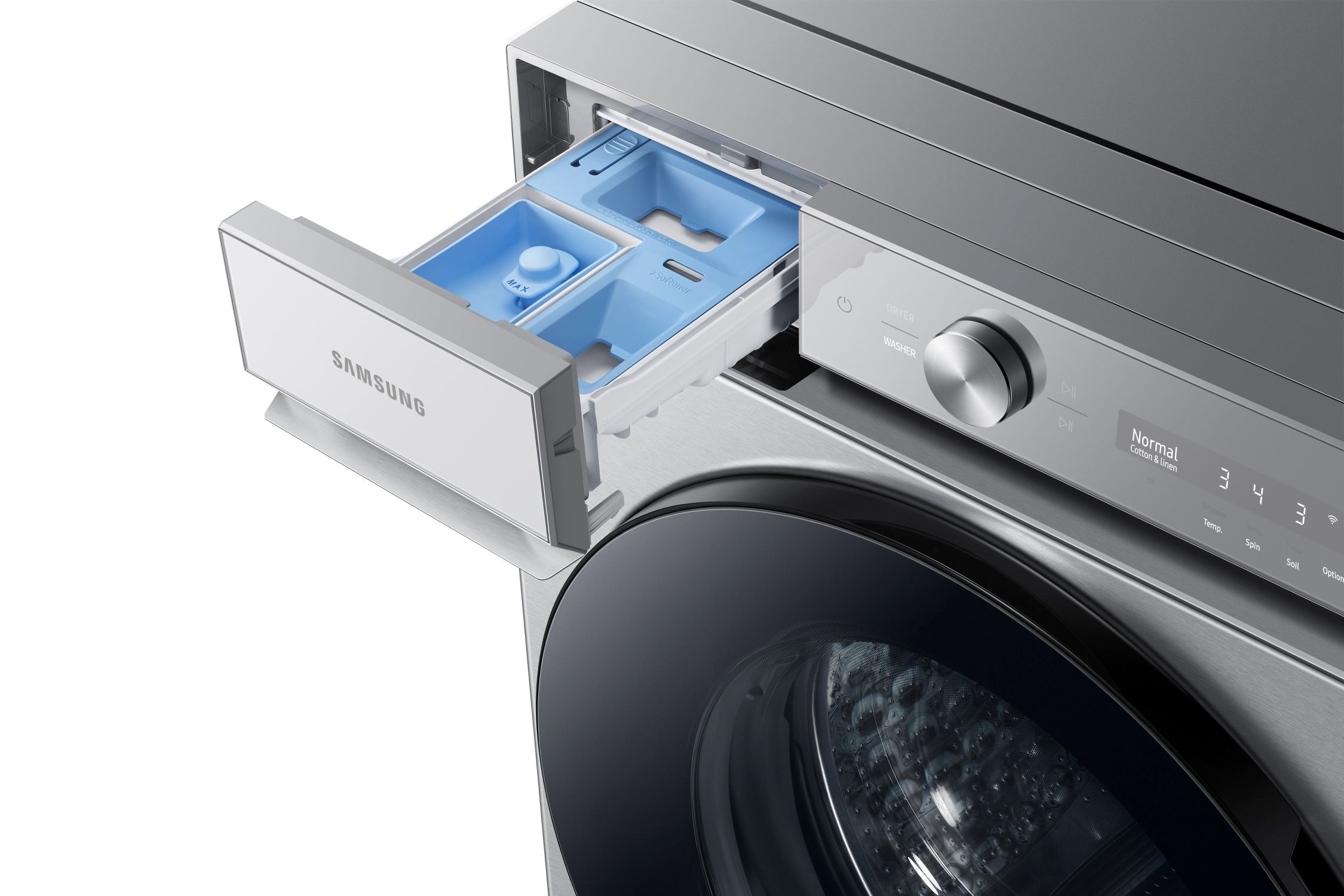
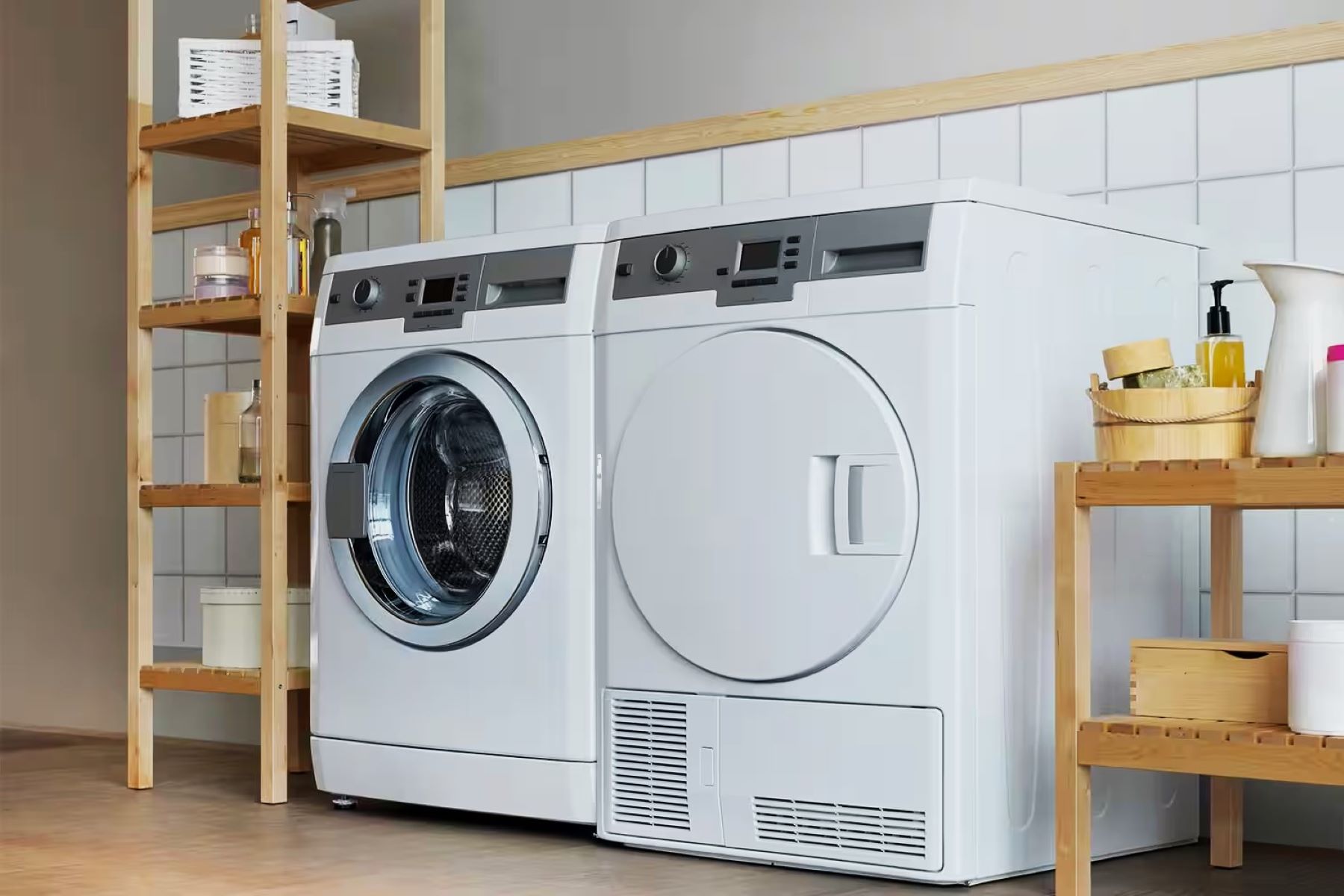
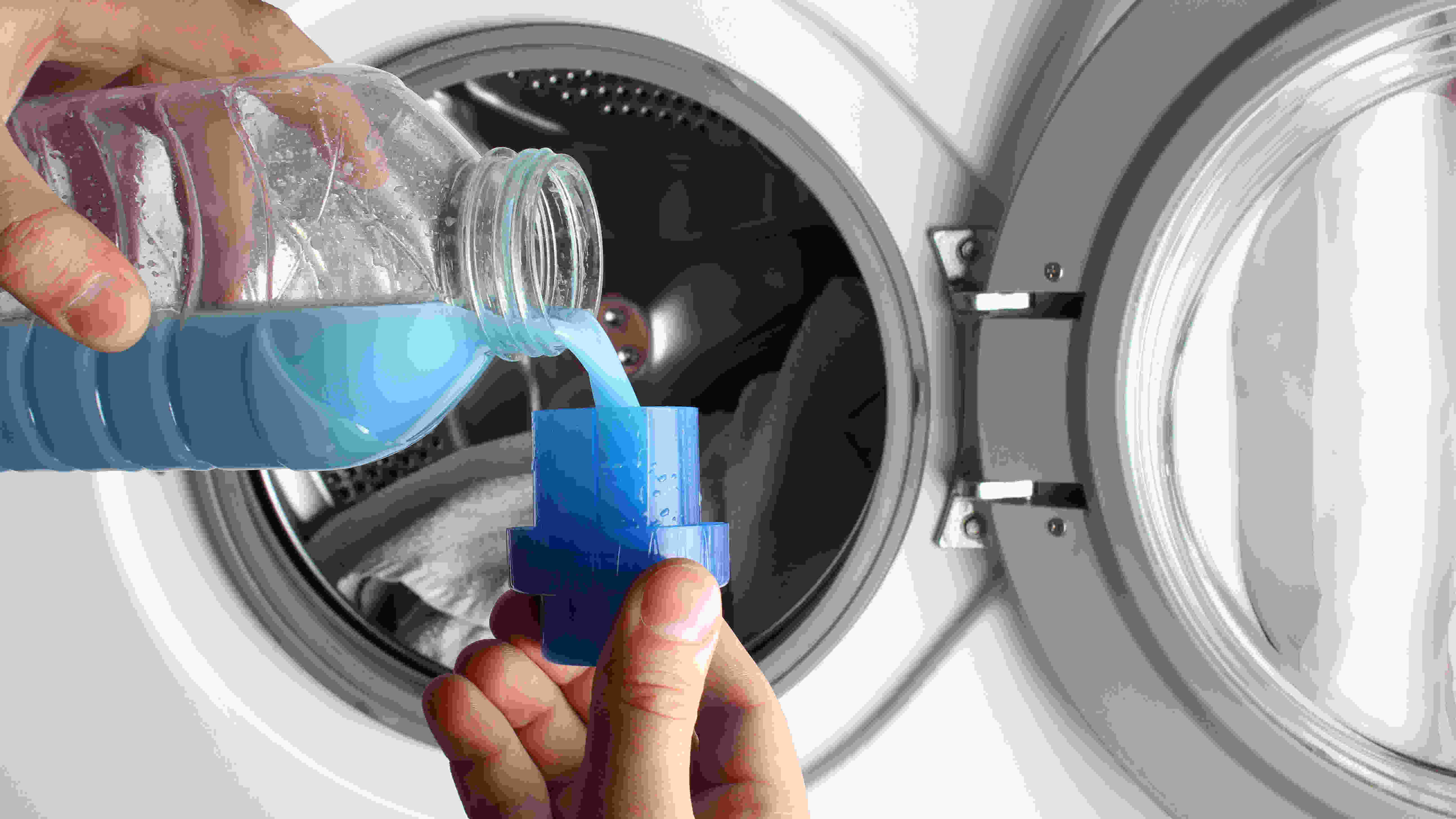
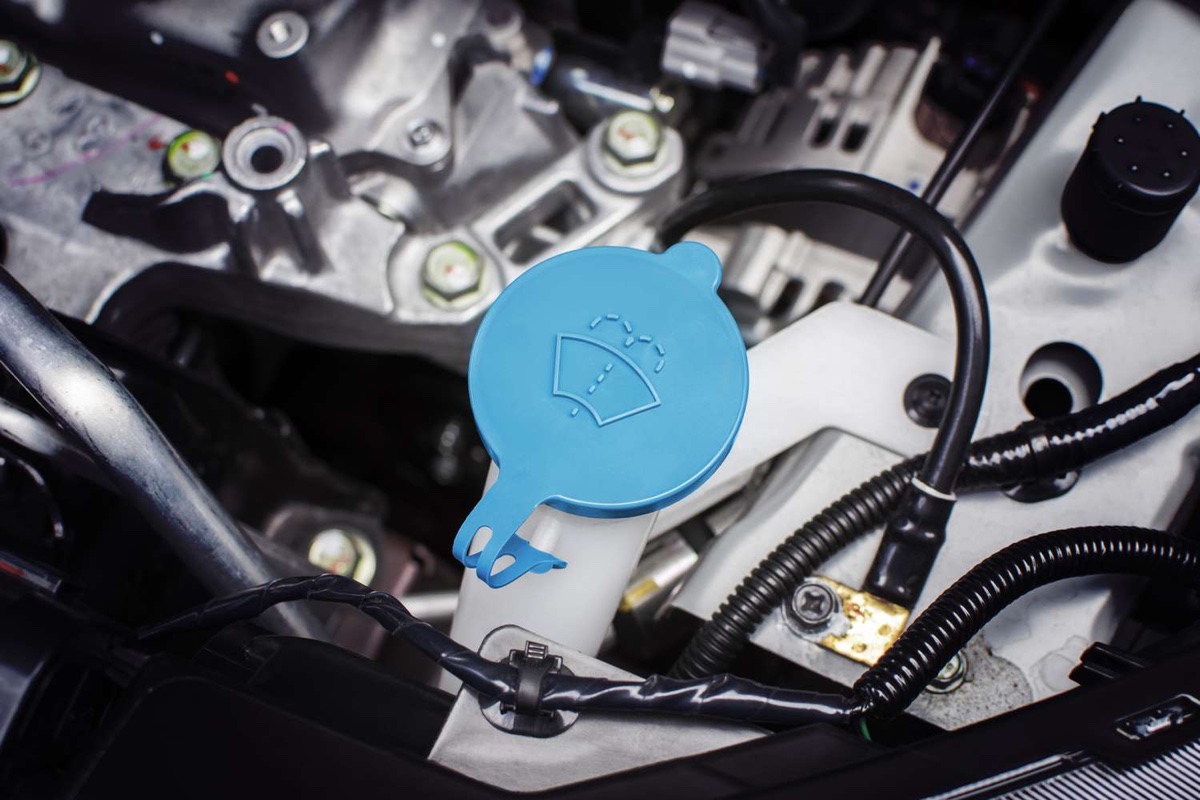

0 thoughts on “How To Put Vinegar In A Washing Machine”